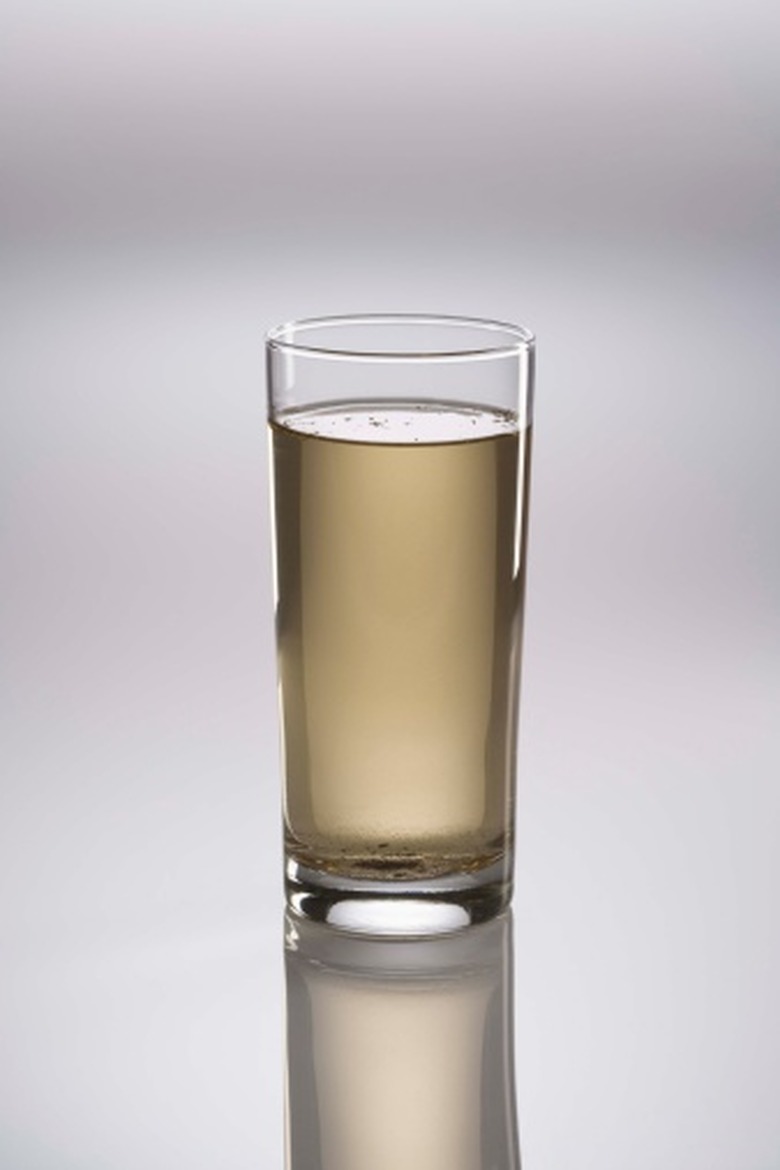Hard Water Uses
Hard water contains extra minerals. Water that is "hard" has a surplus of minerals including calcium and magnesium. This does not pose safety or health threats from ingestion or other basic water uses. As reported through the Salt Institute and stated by the World Health Organization, "There does not appear to be any convincing evidence that water hardness causes adverse health effects in humans." Uses for hard water include cleaning, hygiene and meal preparation.
Around the House
Around the House
Utilizing hard water for general cleanup, laundry and doing dishes, including through the dishwasher, is acceptable. The extra minerals can make things more difficult, however. They can leave spots on dishes and make stains tougher to get out of dirty clothes. Minerals from hard water can build up over time, reducing the efficiency of your clothes washer and dishwasher.
In the Bathroom
In the Bathroom
It is perfectly safe to use hard water for bathing; the risk is nil. It will not hurt you, but you may not feel as clean at the end of a hard water shower as you would after one taken in soft water. It may leave a film on the skin and hair, making them harder to contend with and leaving them feeling sticky or grimy.
In the Kitchen
In the Kitchen
Cooking with and drinking hard water is actually beneficial to your health. The extra calcium and magnesium in the water are important dietary requirements that promote healthier bones and teeth. According to The You Docs, "If you drink about 2 quarts of water a day, you may get anywhere from 50 milligrams to 290 milligrams of calcium, or about 6.8 percent of your daily calcium requirement."
Water Softening
Water Softening
Softening your water with a water conditioner or softener replaces excess minerals with sodium. Doing so removes some of the health benefits from drinking water, but it can help your appliances run smoother and last longer. The damage caused by deposits and buildup from hard water is a thing of the past once you have softer water.
